All you need to know about refrigerants!

Refrigerants are a vital component of HVAC systems, as they are responsible for cooling and dehumidifying indoor air. There are several different types of refrigerants used in HVAC systems, each with its own set of pros and cons. In this blog post , we will explore the different refrigerants used in HVAC systems, their advantages and disadvantages, and what can be expected in the future.
- Chlorofluorocarbons (CFCs) - CFCs were once commonly used in HVAC systems, but have been phased out due to their negative impact on the environment. They are known to deplete the ozone layer and contribute to global warming. CFCs are no longer used in HVAC systems, and have been replaced by other refrigerants.
- Hydrochlorofluorocarbons (HCFCs) - HCFCs were introduced as a replacement for CFCs, but are also being phased out due to their negative impact on the environment. While they are less harmful than CFCs, they still contribute to global warming and ozone depletion. HCFCs are being replaced by more environmentally friendly refrigerants. Some examples of HCFCs include R-22, R-123, and R-124. R-22, also known as chlorodifluoromethane, has been the most commonly used HCFC in HVAC systems. It is used as a refrigerant in air conditioning systems and heat pumps, as well as in industrial and commercial refrigeration systems. R-123, also known as dichlorotrifluoroethane, is used as a refrigerant in large centrifugal chillers. R-124, also known as dichlorofluoroethane, is used as a refrigerant in medium-temperature refrigeration systems. These HCFCs are being phased out in most countries due to their negative impact on the environment.
- Hydrofluorocarbons (HFCs) - HFCs are the most commonly used refrigerants in HVAC systems today. They are non-toxic, non-flammable, and do not deplete the ozone layer. However, they are known to contribute to global warming and are being phased out in some countries. Some examples of HFCs include R-134a, R-410A, and R-404A. R-134a, also known as tetrafluoroethane, is commonly used as a refrigerant in automotive air conditioning systems and some commercial and residential air conditioning systems. R-410A, also known as azeotropic blend HFC-32/HFC-125, is commonly used as a refrigerant in residential and commercial air conditioning systems. R-404A, also known as azeotropic blend HFC-125/HFC-143a/HFC-134a, is commonly used as a refrigerant in commercial and industrial refrigeration systems. These HFCs are considered more environmentally friendly than CFCs and HCFCs, but they still contribute to global warming and are being phased out in some countries.
- Natural Refrigerants - Natural refrigerants, such as ammonia, carbon dioxide, and hydrocarbons, are becoming more popular as a more environmentally friendly alternative to traditional refrigerants. They are non-toxic, non-flammable, and have a low global warming potential. However, they may require modifications to existing HVAC systems and may be more expensive.
- Hydrofluoroolefins (HFOs) - HFOs are a new class of refrigerants that have a low global warming potential and are not flammable. They are being developed as a replacement for HFCs, which are being phased out in some countries. However, they may be more expensive than other refrigerants and may require modifications to existing HVAC systems. Some examples of HFOs include R-1234yf, R-1234ze, and R-1233zd. R-1234yf, also known as 2,3,3,3-tetrafluoropropene, is being developed as a replacement for R-134a in automotive air conditioning systems. R-1234ze, also known as trans-1,3,3,3-tetrafluoropropene, is being developed as a replacement for HFC-134a in commercial refrigeration systems. R-1233zd, also known as trans-1-chloro-3,3,3-trifluoropropene, is being developed as a replacement for HCFC-123 in low-pressure centrifugal chillers. These HFOs have a much lower global warming potential than HFCs and are considered more environmentally friendly. However, they may be more expensive and may require modifications to existing HVAC systems.
The choice of refrigerant for an HVAC system depends on a variety of factors, including cost, efficiency, environmental impact, and safety. HVAC contractors must consider these factors when designing and installing HVAC systems for their clients.
SBS-NC, LLC is an experienced commercial HVAC contractor that understands the importance of choosing the right refrigerant for each HVAC system. The company stays up-to-date on the latest trends and technologies in the HVAC industry, and is committed to providing environmentally friendly and cost-effective solutions for their clients.
In the future, we can expect to see a continued focus on the development of more environmentally friendly refrigerants. This includes the development of new natural refrigerants and the continued improvement of HFOs. In addition, there may be a shift toward more energy-efficient HVAC systems, which can reduce the amount of refrigerant needed in the first place.
It is important to note that the choice of refrigerant for an HVAC system is not the only factor that affects the environmental impact of the system. Proper maintenance and installation of the system can also have a significant impact on its efficiency and environmental impact. HVAC technicians must be trained to handle refrigerants safely and must follow proper procedures to minimize leaks and reduce the impact of refrigerants on the environment.
In conclusion, the choice of refrigerant for an HVAC system is an important decision that can have a significant impact on the environment and the efficiency of the system. HVAC contractors must consider a variety of factors when selecting a refrigerant, including cost, efficiency, and environmental factors. Please call SBS today for all of your HVAC and Electrical needs!
SBS-NC, LLC is a Commercial HVAC and Electrical contractor operating in High Point NC, Winston Salem NC, Greensboro NC, Charlotte, NC and most of the Southeastern US. Call us today!
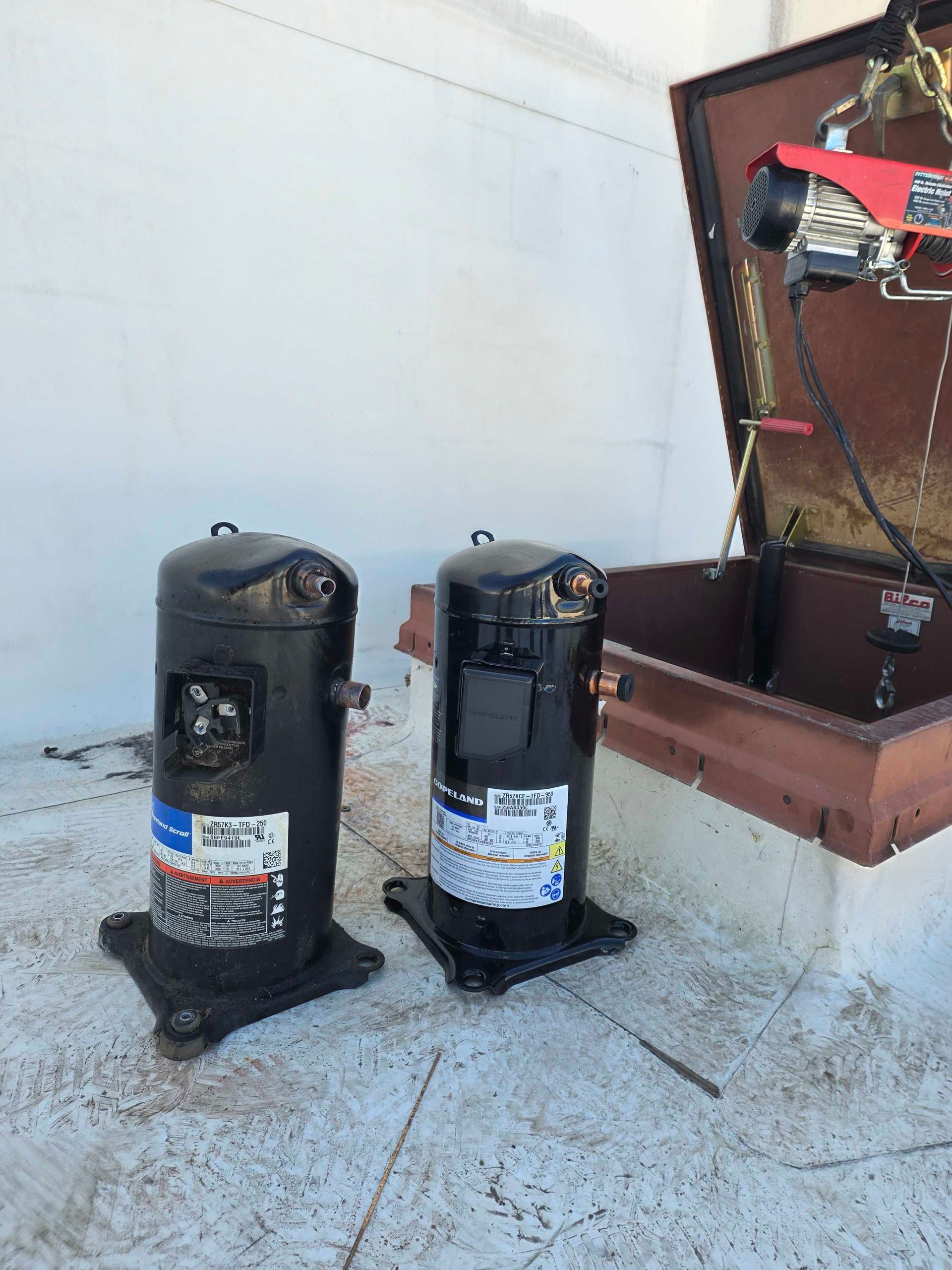

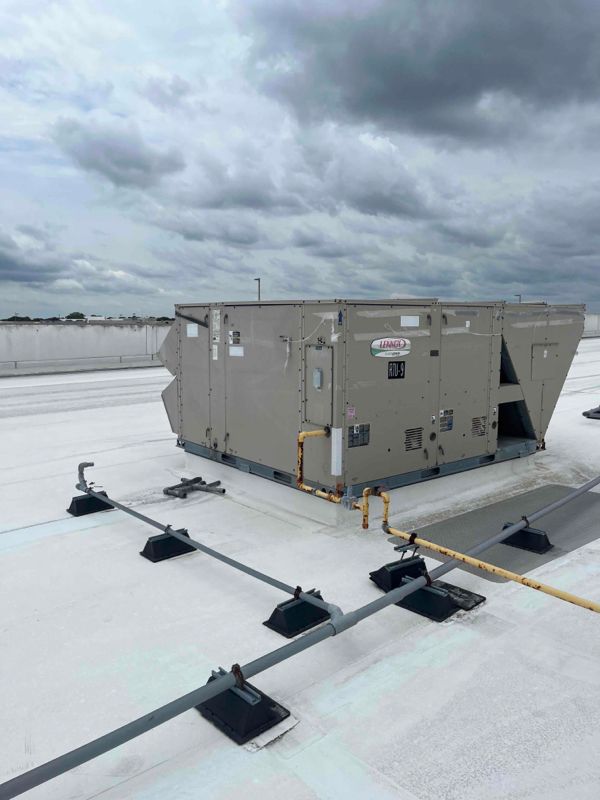
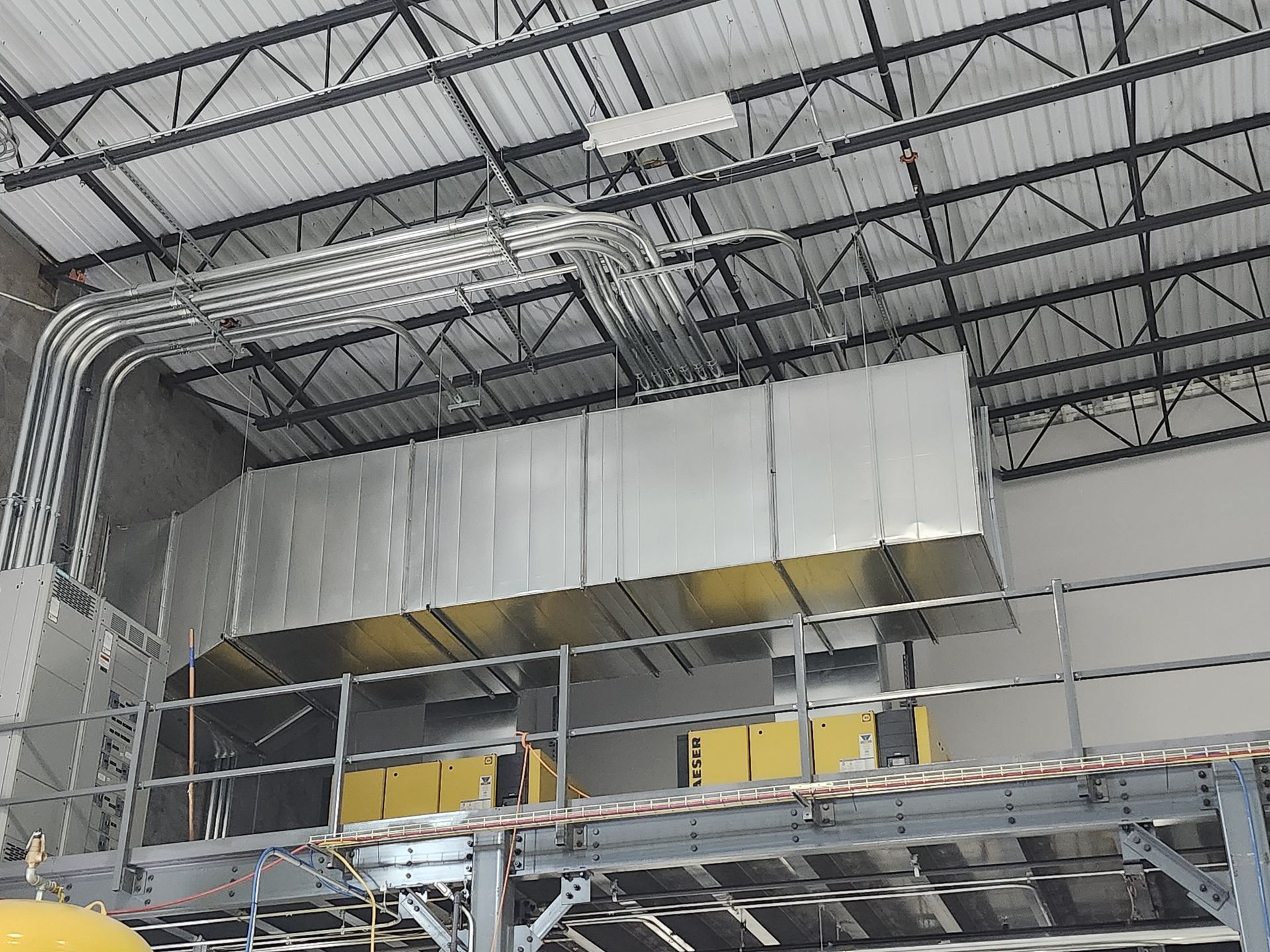
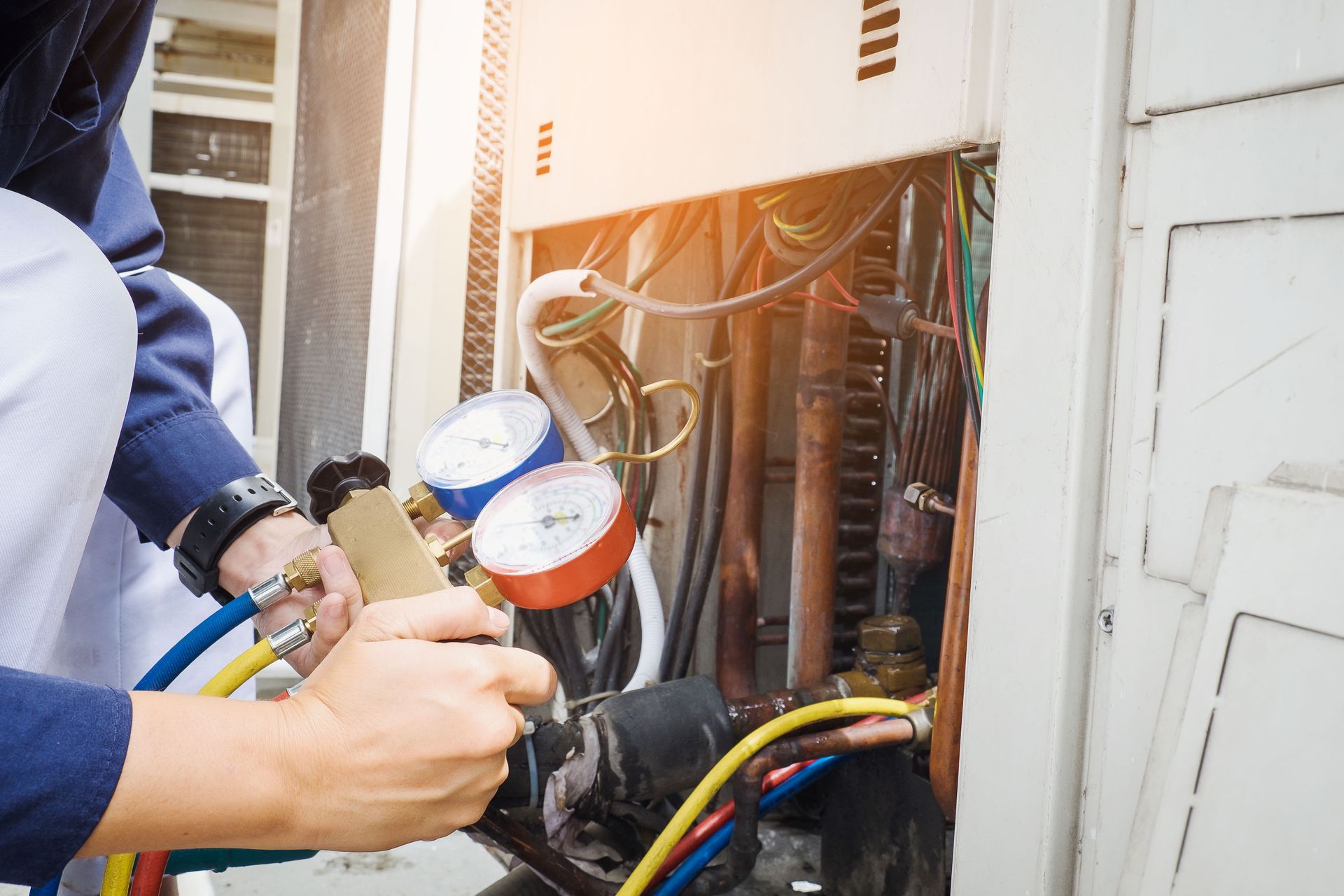
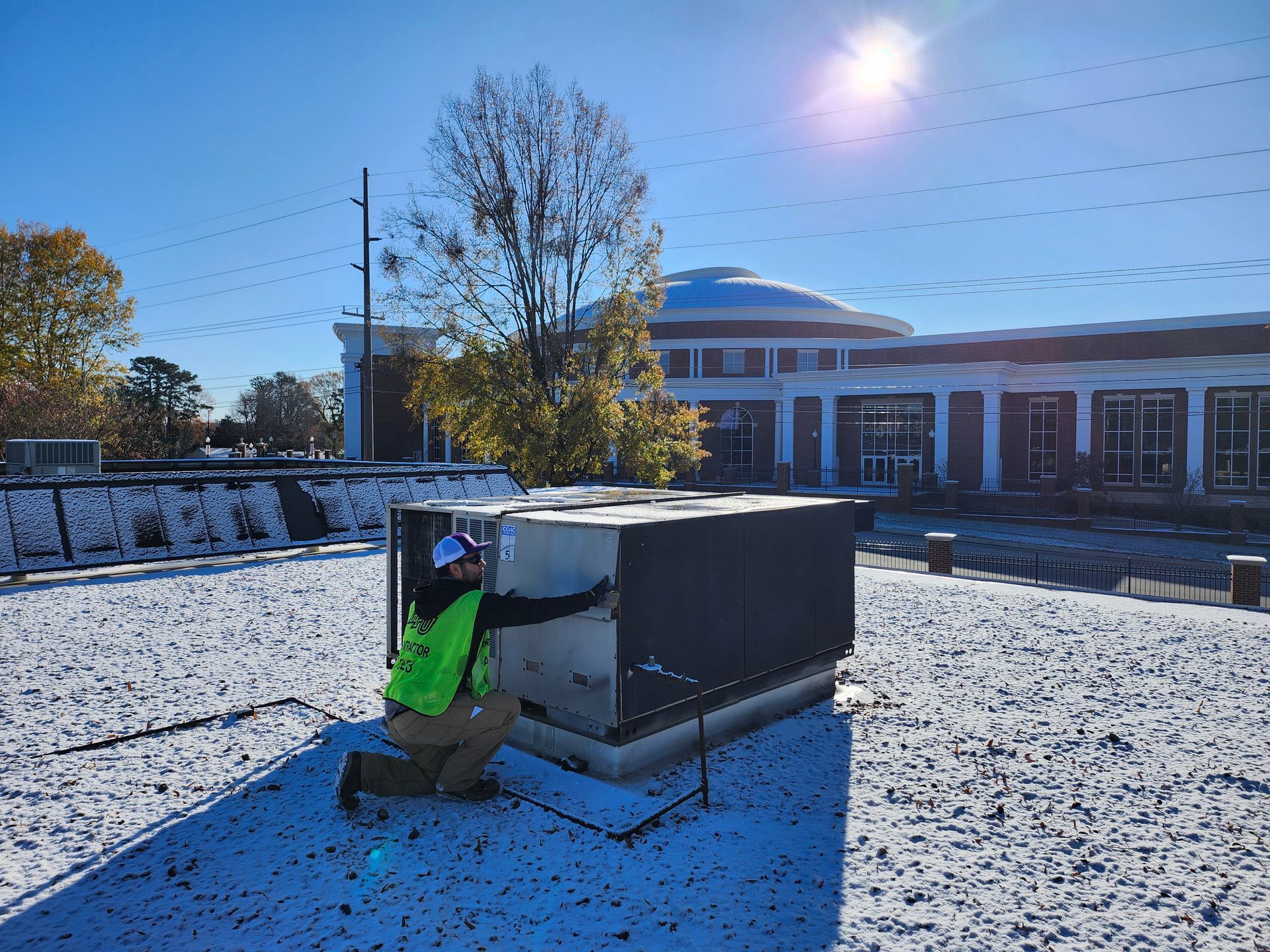
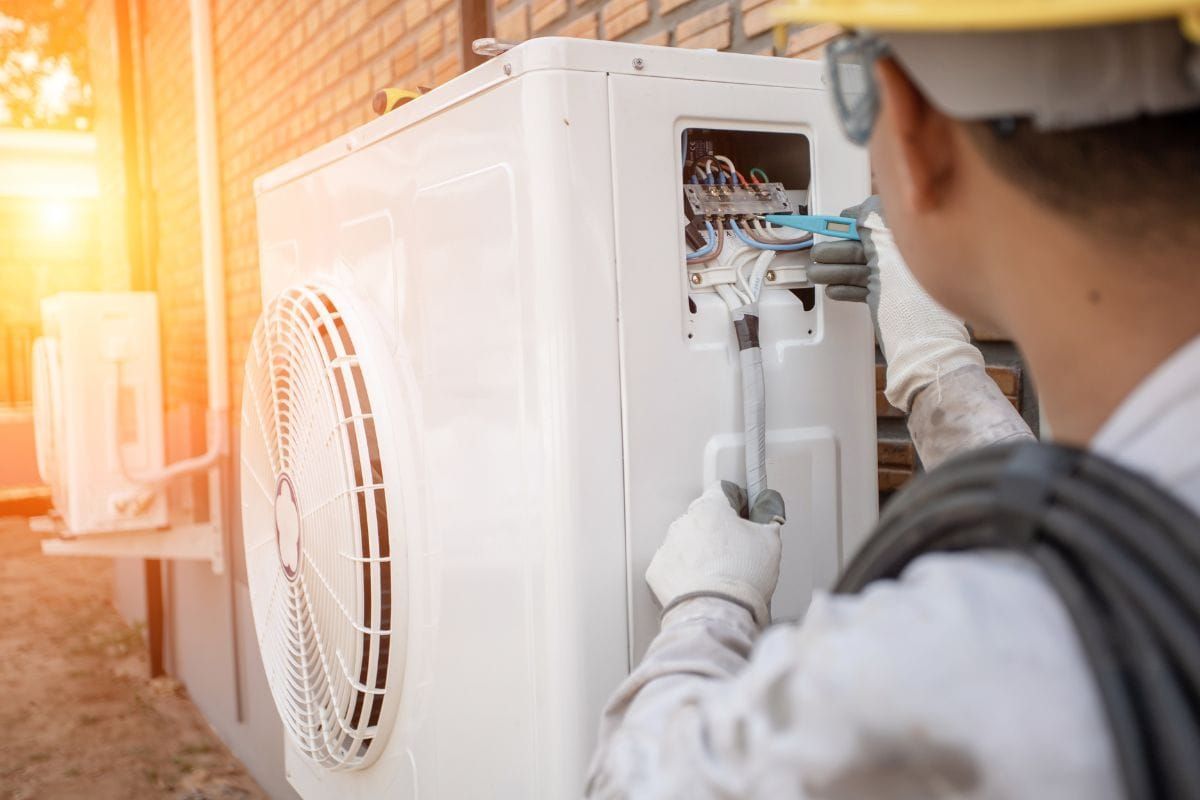

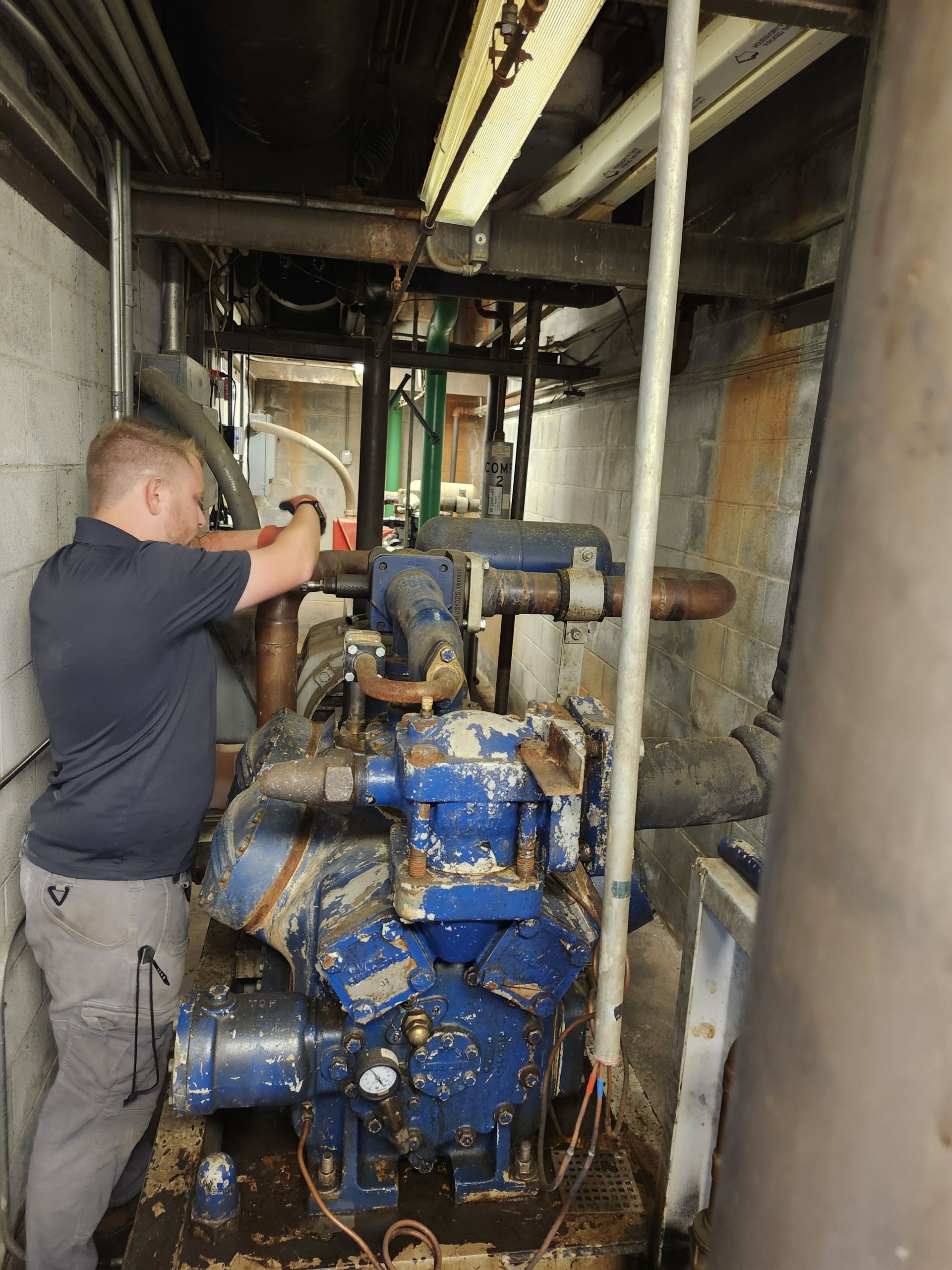

Share On: